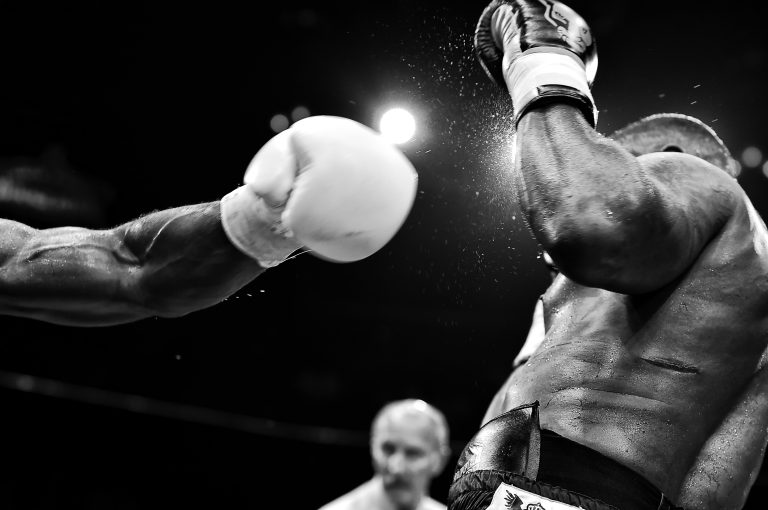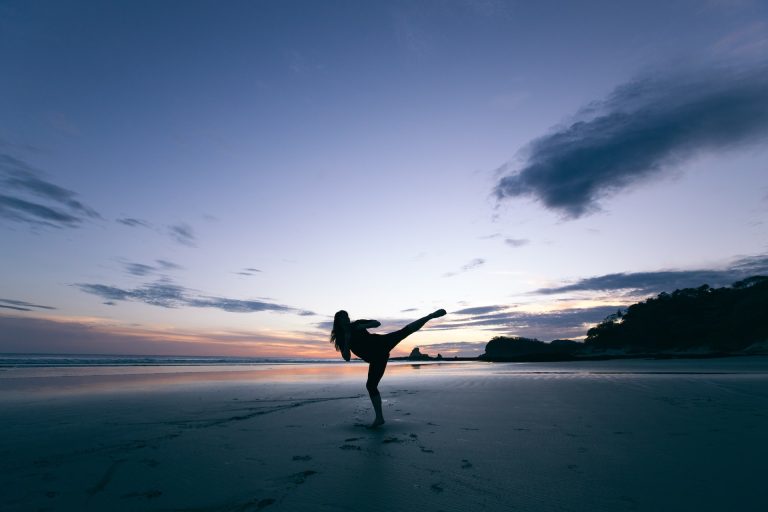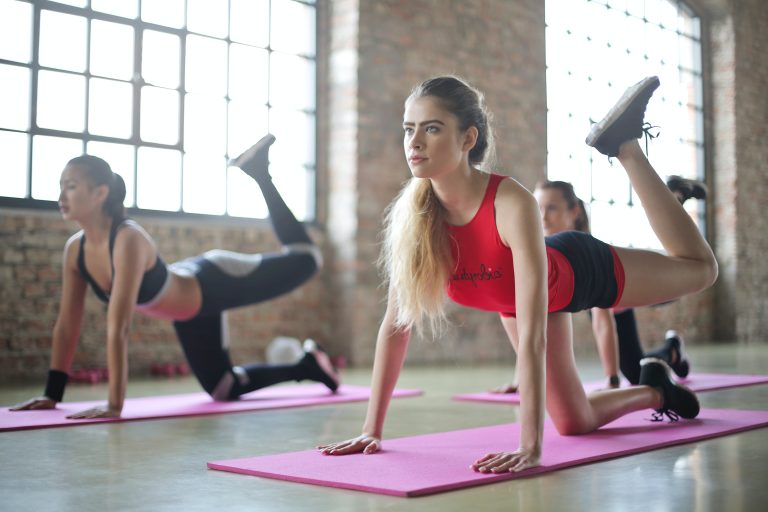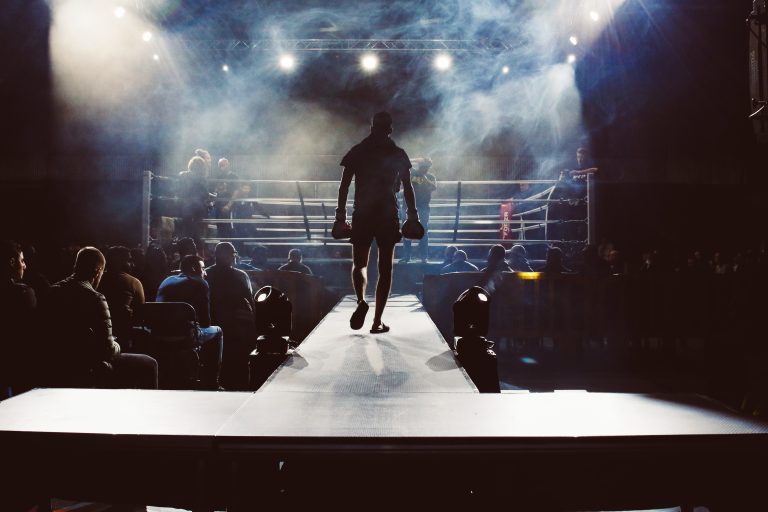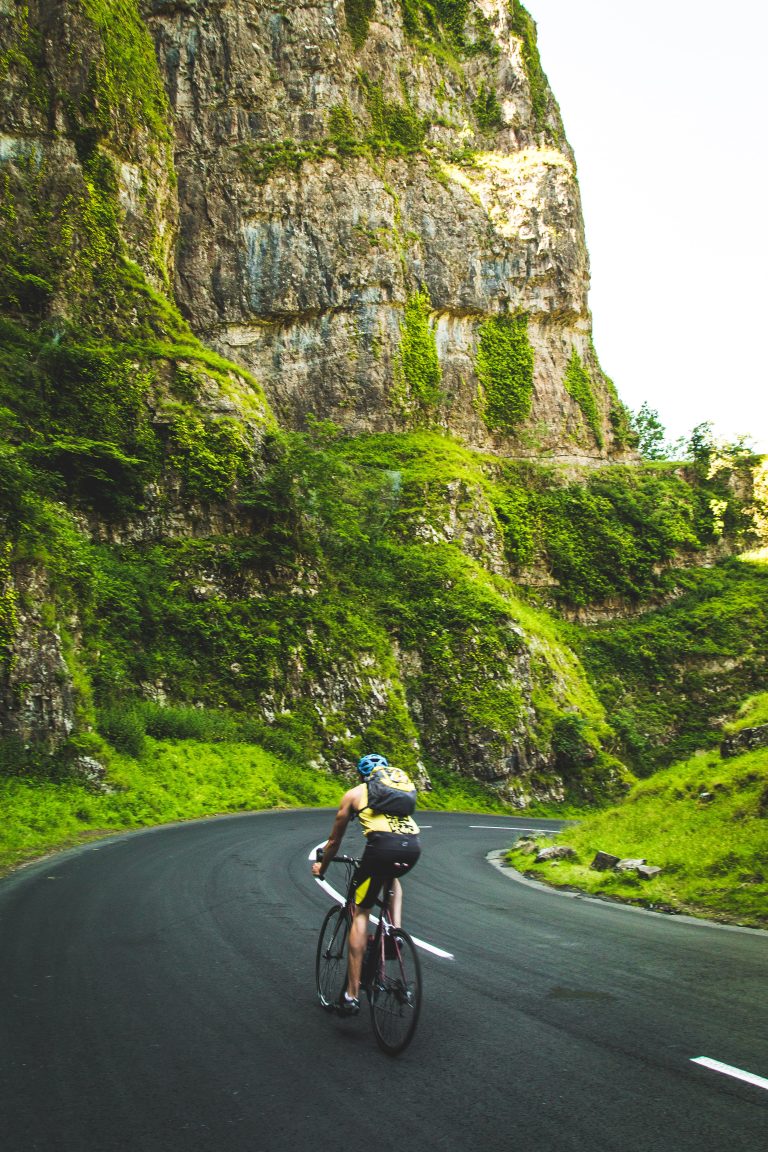How to Start your Journey in Karate Self-Defense
Karate is a martial art originating in Okinawa, Japan. It is widely practiced around the world and remains one of the most popular martial arts today. Karate is based around the ideal of self-defense and has become a widely practiced way of physical and mental development. Whether you are looking for physical fitness or self-defense skills, karate is a great option for all ages. Learning karate can be fun, challenging, and beneficial for those looking to increase their self-confidence and learn how to perfectly execute self-defense techniques. This blog will provide an overview of the fundamentals of karate and give guidance on starting your own journey.
What is Karate?
Karate is a traditional Japanese martial art that focuses on unarmed self-defense techniques. Its name comes from the Japanese words “karate-dō” which translates to “Empty Hand”. Karate is commonly known for its striking techniques, specifically punches and kicks, but it is also particularly well-known for its use of blocks, counter-attacks, and joint locks. Training in karate typically includes three main areas: kata (forms or patterns of movements with specific steps), kihon (basic techniques), and kumite (sparring or mock combat).
Karate emphasizes self-discipline, respect for oneself and others, as well as physical and mental development. While it was historically used for combat and defense purposes, today it is primarily practiced for physical exercise, personal growth, and mental training.
Who Can Learn Karate?
Regardless of age or skill level, anyone can start learning karate. You don’t need to be particularly strong or flexible to start; all you need is some dedication and willingness to learn. Many karate systems offer introductory classes which cater to adults or children with no prior knowledge or experience.
Benefits of Practicing Karate
Practicing karate brings about many physical and mental benefits that last for a lifetime. Here’s a few benefits you can expect from karate:
- Physical Fitness: Karate focuses on whole body health rather than just one aspect. It increases endurance, strength, speed, flexibility, coordination, and balance.
- Self-Defense Capabilities: Karate is designed to effectively empower people with the ability to defend themselves in various scenarios. It gives an individual the knowledge to avoid danger and deal with it if need be.
- Confidence: Physical capabilities relate directly to mental confidence. Training in karate helps build self-confidence while showing that effort equates to success.
- Stress Relief: Kata (forms) often involve large circular motions that require full body concentration. This concentration helps to clear the mind of stress.
- Mental Training: A lot of focus on proper attitudes while executing techniques is an important part of martial arts training. This helps develop humbleness (from learning where you need improvement) and perseverance (from constantly working toward improvement).
How to Find a Dojo (Martial Arts School)
Finding a dojo that suits your individual needs is crucial for your growth in karate self-defense. Every instructor has their own style and approach to teaching which will affect your progression in karate since it is important to receive quality instruction from experienced practitioners.
1. Research Different Styles
Karate has several different styles that can be classified by place of origin (Shotokan, Wado-Ryu, Goju-Ryu). It’s important to explore the different styles offered so you can select one that works best for you; an instructor in one style might be teaching differently than many others.
2. Look Up Local Dojos on the Internet
The internet is a great tool for researching dojos. Many dojos now have their own websites which will provide information on their philosophy, class schedule, fees, etc. Additionally, they might also have any reviews or testimonials from former/current students. This type of research will help you find a good place to train in Karate.
3. Speak Directly With Instructors/Students
When narrow down your choices of dojos to visit in person, it’s important to speak with the instructors or students about their experience so you can gauge if training at that particular dojo is suitable for your own goals
Getting Started
Now that you have chosen a dojo based on your research, it’s time to start your training in Karate! Here are some tips to help ease into the practice:
- Prepare yourself: Before each class, take some time out of your day to meditate and relax your mind and body. It’s crucial to start each class with an open and focused mind.
- Listen carefully: Pay attention to all instructions given by the instructor and do your best to stay focused throughout class so you can absorb all the information.
- Don’t give up: It’s normal to find certain aspects of Karate difficult and more challenging than others. Despite any struggles stay patient, diligent, and remain focused on improving and mastering those techniques.
- Be humble: Karate is much like life, it’s all about progress and learning from mistakes. Don’t expect perfection from yourself overnight as progress takes time and effort.
Conclusion
Starting martial arts can be intimidating but learning karate self-defense provides countless health benefits both physically and mentally. It’s never too late to start your own journey in karate if you keep an open mind, remain patient with yourself, and persevere through obstacles that come your way. Do yourself a favor and start now!
How to Start your Journey in Karate Self-Defense
Karate is a martial art that has been popularized over the years as a self-defense practice. If you’re looking to start your journey in karate self-defense, you may have a lot of questions. In this post, we will answer the most frequently asked questions regarding how to start your journey in karate self-defense.
1. What is Karate?
Karate is a Japanese martial art that involves using your body and fists to block and strike your opponent. This martial art has been popularized in movies and TV shows, but it’s important to note that karate is a serious martial art that requires a lot of practice and dedication.
2. What are the Benefits of Karate?
Karate is a great way to improve your physical health as it involves a lot of physical activity, enhancing your flexibility, strength, and cardiovascular fitness. Karate also teaches discipline and respect, as students are required to bow and show respect to their instructor and fellow students.
Additionally, karate can help build self-confidence and self-defense skills. It teaches you how to effectively protect yourself in a dangerous situation, giving you an added sense of security.
3. What are the Different Types of Karate?
There are many different types of karate, with the most popular being Shotokan, Goju-Ryu, and Wado-Ryu. These types differ in terms of their techniques and their approach to training. It’s important to do some research on the different types of karate to determine which style is best for you.
4. What are the Basic Techniques in Karate?
The basic techniques in karate include punches, kicks, blocks, and strikes. These techniques are the building blocks of karate, and it’s important to master them before moving on to more advanced techniques.
5. What Equipment do I Need?
The equipment you need for karate includes a karate uniform (gi), belt, and protective gear such as gloves and shin guards. It’s important to invest in high-quality equipment to ensure your safety and the safety of those you train with.
6. How do I Find a Good Karate Instructor?
Finding a good karate instructor is important to ensure that you learn proper techniques and don’t injure yourself. Start by asking for recommendations from friends or family members who practice karate. It’s also a good idea to research various karate studios or schools and read online reviews before choosing an instructor.
7. How Often Should I Train?
The frequency of your training will depend on your schedule and your goals. However, it’s recommended to train at least two to three times a week to see progress and development in your techniques.
8. How Long Does it Take to Master Karate?
Mastering karate is not something that can be done overnight. It takes years of dedication and practice to become a black belt and truly master the techniques of karate. However, even after earning a black belt, practitioners continue to learn and refine their skills over a lifetime.
9. Is Karate Safe?
When practiced correctly, karate is a safe martial art. However, it’s important to practice proper techniques and to wear proper protective gear to prevent injury. Additionally, it’s important to train with a qualified instructor to ensure that you’re learning proper techniques and not putting yourself or others at risk.
10. Can Anyone Learn Karate?
Yes, anyone can learn karate! Karate is a martial art that can be practiced by people of all ages and fitness levels. However, it’s important to listen to your body and start slow if you’re new to physical activity.
Conclusion
In conclusion, starting your journey in karate self-defense can be a rewarding experience. However, it’s important to do your research and practice proper techniques to ensure your safety and the safety of others. With dedication and hard work, anyone can learn karate and develop the physical and mental benefits that come with this martial art.
Inhaltsverzeichnis

